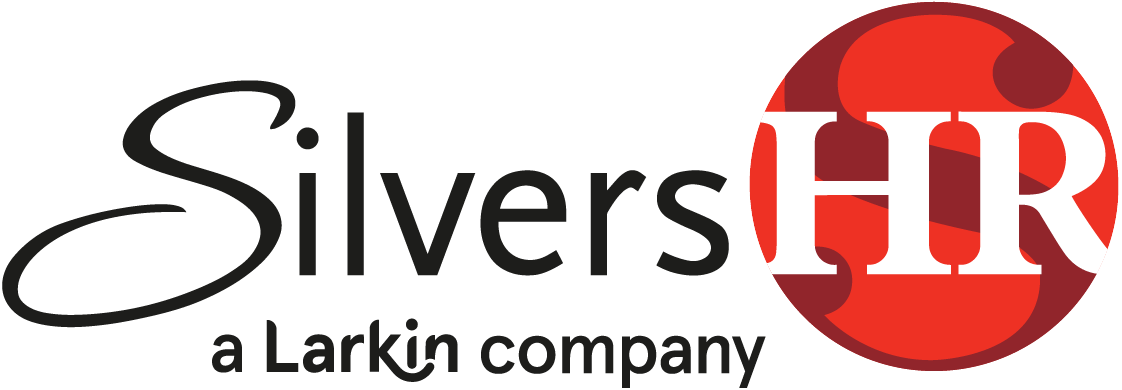Maximizing the value of an employment interview
… or “OOPS, I hired a square peg….”
Have you ever hired the wrong person for the job? You’re not alone; most of us have. Hiring the wrong employee can be a nightmare for the employer and co-workers. The current “buyer’s” labor market is certainly advantageous to employers, especially when a vacant position must be filled quickly. However, “quicker” is not necessarily better when it comes to hiring. The candidate who makes a great visual presentation and tells the interviewer what he or she wants to hear could be a disaster once the individual is in front of a customer. There are cost effective interview techniques to increase the likelihood of hiring a winner who will enhance your company’s image and bottom line.
Training supervisors and managers to interview effectively and within legal boundaries is essential to the success of an organization. Beyond that there are also effective methods of asking questions to determine a good fit with the candidate and the organization. Asking the right questions upfront can save lost customers, legal expenses and hours of unproductive work down the road.
A great screening tool used by many successful managers is Behavioral Interviewing. The Behavioral Interviewing method is based on the premise that past behavior indicates future performance. An effective hiring manager using this technique will determine the key situations the new employee will be required to handle and ask the applicant questions related to how he or she has dealt with those in the past. Questions may be worded such as:
“Tell me about a time when you had an irate customer and how you handled it.”
“Tell me about a time when you disagreed with your boss and what you did.”
“Walk me through an example of when you felt you gave outstanding customer service.”
In answering questions like these applicants are required to relate the specifics to the interviewer. It’s important to hold them to describing a specific situation; don’t allow the applicant to meander through a general philosophical review of good customer service, or how he or she would handle it if ever presented with the situation.
Avoid questions that have been overused. (“What is your strong point?” “What is your weak point?”) The savvy candidate has canned answers ready for you. You’ll learn much more by hearing the real life issues they’ve dealt with and relating them to what will be a regular and important part of the day for the new position.
There are other screening tools that are effective as well, including reference checks, (I suggest you avoid calling the HR department first and call the first line supervisor. You’ll get a lot more information.) criminal background checks, drug/alcohol tests, and personality tests. Many of these have legal requirements around their use so ensure you’re well informed before utilizing them. However, the least costly and most effective method begins in the interview.
